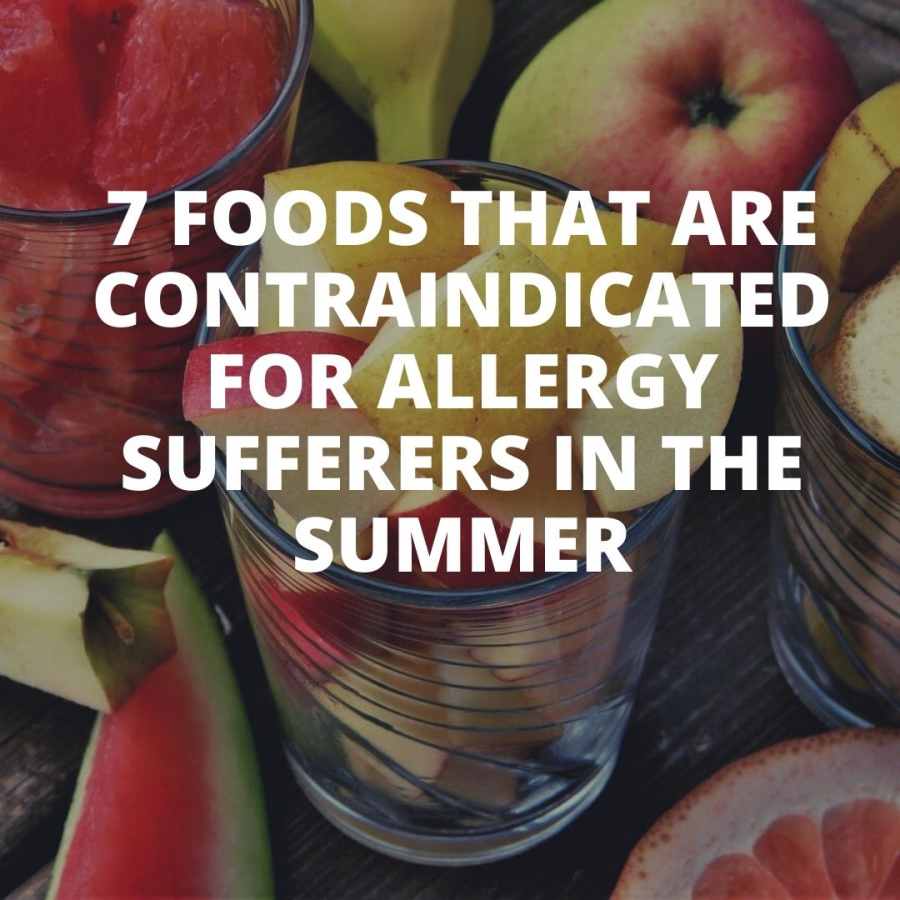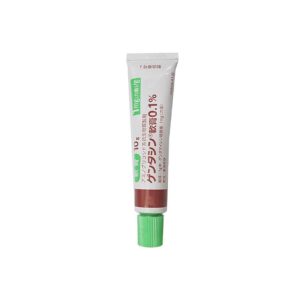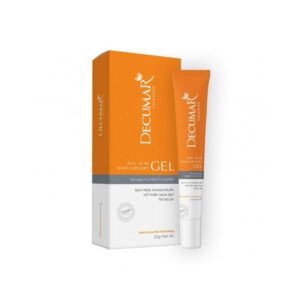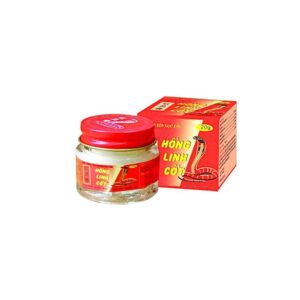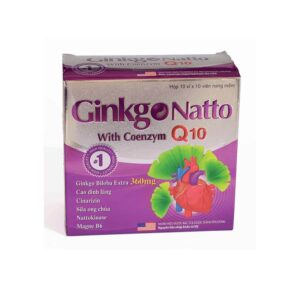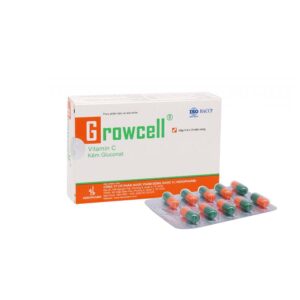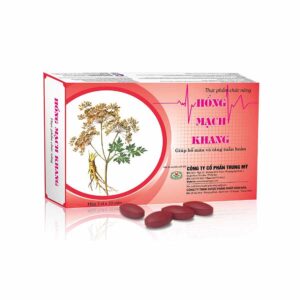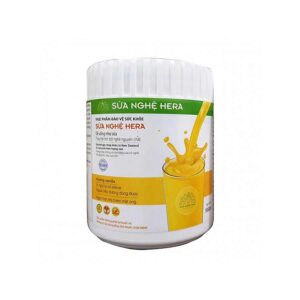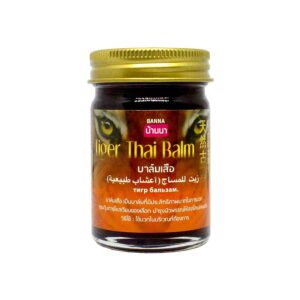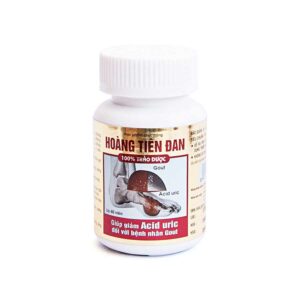An allergy is a reaction of the immune system to a familiar substance or food.
Anything can be an allergen – pollen, medicines, components of detergents, insect poisons and even food.
What are cross reactions?

Cross-reactions are referred to when allergens are similar in action, but they belong to different classes.
For example: according to statistics, more than 48% of cases of hay fever are associated with flowering birch trees. And allergens similar to flowering birch can be found in fruits, vegetables, and nuts.
- Therefore, when using such products, the allergy manifests itself and it becomes difficult to control hay fever.
- If you are allergic to birch pollen, you need to limit the diet: apples, cherries, cherries, pears, some types of nuts.
- If you are allergic to wormwood, doctors recommend limiting spices: pepper, cinnamon, ginger.
- A cross-reaction for allergies to ragweed can give: bananas, cucumbers, melons, zucchini.
- Honey is not recommended to be included in the diet for any type of hay fever.
General recommendations for the preparation of a diet for allergy sufferers
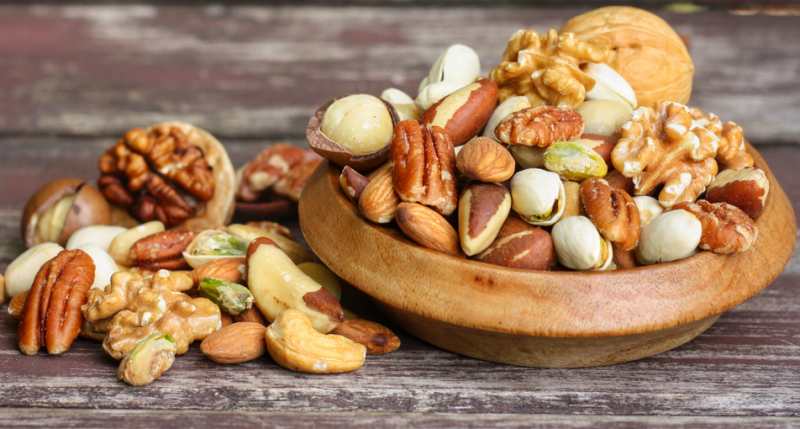
A hypoallergenic diet implies an exception: fried, smoked, salted, spicy, as well as semi-finished products. The fact is that ready-made products contain allergens: flavors, flavorings, stabilizers.
The summer menu is replete with numerous vegetables, fruits and berries, which can cause allergic reactions, including cross reactions. In the summer menu, you need to exclude some products that will help avoid unpleasant consequences.
1 ) Some vegetables
Dangerous vegetables include radishes, beets, carrots, and other vegetables that contain bright pigments.
It should be noted that, for example, tomatoes, but only yellow in color, are less allergenic.
Doctors are still debating whether the allergy is caused by the pigment or the protein found in tomatoes.
2) Berries and fruits
Not all berries and fruits are allergic and can cause cross-reactions. But among them are dangerous and allergenic.
Dangerous include: strawberries, wild strawberries, raspberries and black currants, as well as berries and fruits that have a bright color or are exotic for the area.
When such foods are included in the diet, it is necessary to strictly monitor the body’s reaction: the appearance of any symptoms, rash, digestive disorders, etc.
3) Nuts and legumes
Among the nuts, the most dangerous and allergenic is peanuts, which are actually legumes, not nuts. Allergy to peanuts is the most dangerous and often causes anaphylactic shock.
The nut contains 32 types of protein, and more than half of them are strong potential allergens. Legumes that are allergenic include soy, peas, chickpeas, beans, and lentils.
Moreover, such products and leftovers can be found in many semi-finished products, sausages, desserts, sweets and even ice cream – a popular summer delicacy. Manufacturers warn about the presence of traces of peanuts and it is extremely important to carefully read the labels.
4) Honey
Bee products are one of the most common causes of allergies. Most often, the reaction is formed to flower honey varieties. However, one cannot judge the reaction from only one type of honey. For example, if an allergy develops to flower honey, it may not develop to other varieties. In addition, you can monitor the daily dosage and it is forbidden to exceed it.
Beekeeping products are the cause of numerous cross-reactions. When you are allergic to honey, reactions develop to propolis or even insect bites.
5) Milk and dairy products
According to statistics, around 2% of people worldwide suffer from cow’s milk protein allergy. At the same time, such patients need to limit the consumption of not only milk, but also products that contain it: cheeses, cottage cheese, butter, sour cream, etc.
Even tiny doses of milk and milk-containing products can provoke a reaction. But it is important to remember that allergies and food intolerances are different conditions that will require a different approach and treatment.
6) Seafood
Summer is traditionally the time for vacations. Seafood in restaurants and cafes abounds in variety and it is very difficult to refuse such delights and dishes of national cuisine.
This group of foods is very diverse and not all of them can cause allergic reactions. For example, if you are allergic to crustaceans, then when some types of fish are included in the diet, the reaction does not develop.
However, if the main diet of fish is shrimp, then an allergy may appear.
Seafood is a valuable source of trace elements, vitamins and proteins that is easy to digest. Cross-reactions develop in this group of products. For example, seaweed, cabbage, etc.
7) Meat
Meat is a valuable source of protein, but some meats can cause allergic reactions. Among the “safe” foods are: beef, rabbit, turkey. These meats contain fewer allergens.
But pork, chicken and other poultry, as well as lamb can be attributed to allergens.
In addition, it is worth remembering that when raising animals, growth hormones, antibiotics and other substances that can cause allergies are often used. Therefore, it is recommended to choose proven meat that has all quality certificates.
Be healthy and do not get sick!
Read more:
What is gluten and is it bad for your health?
The most dangerous ingredients in food

